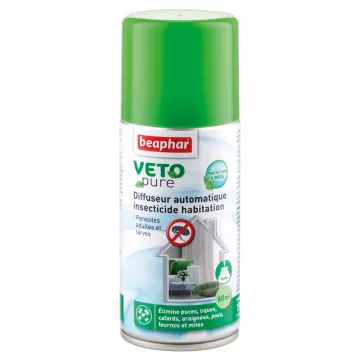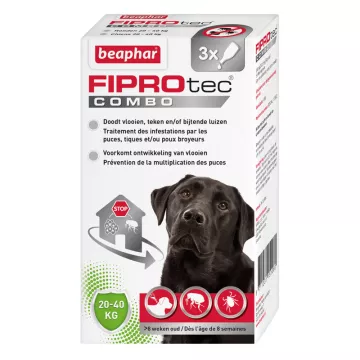

What is a parasite?
A parasite is an organism that lives at the expense of another organism, called a host, from which it derives its food and sometimes its habitat, without providing any benefit in return. Parasites can affect a variety of hosts, including humans, animals and plants.
What are the most common types of parasite?
Parasites generally fall into three main categories: protozoa (single-celled parasites such as the Plasmodium responsible for malaria), helminths (parasitic worms such as roundworms, tapeworms and hookworms) and ectoparasites (which live on the surface of their host, such as fleas and ticks).
How do parasites infect their host?
The routes of infection vary according to the type of parasite. Parasites are often transmitted by :
What are the symptoms of a parasitic infection?
Symptoms depend on the type of parasite, but often include gastrointestinal problems (nausea, diarrhea, abdominal pain), fatigue, weight loss, itching or rashes.and, in some cases, more serious symptoms such as fever or neurological disorders.
How is a parasitic infection diagnosed?
Diagnosis is usually made by microscopic examination of samples of blood, stool or other body fluids for the presence of parasites. Other methods, such as serological tests or PCR (polymerase chain reaction), can also be used to identify specific infections.
What treatments are available for parasites?
Treatments vary according to the type of parasite and the extent of infection. Specific anti-parasitic drugs may include anti-protozoals, anthelmintics to treat worm infections, and anti-ectoparasite products for external infestations. Treatment may also involve supportive measures such as rehydration and correction of nutritional imbalances.
How can parasitic infections be prevented?
Prevention is based on several key practices:
What's the difference between a compulsory and an optional parasite?
An obligate parasite depends entirely on its host to complete its life cycle, and cannot survive or reproduce without it. Obligate parasites include organisms such as Plasmodium. On the other hand, a facultative parasite can live either as a parasite, or autonomously. For example, some amoebae can act as parasites under specific conditions.
Are parasites always harmful to their host?
Most parasites are harmful because they draw their resources from the host, which can cause a variety of symptoms and diseases. However, some scientists are investigating the potential beneficial effects of parasites, particularly in regulating the host's immune system. Studies suggest that certain parasitic relationships may help reduce the incidence of autoimmune diseases.
How does climate change affect the spread of parasites?
Climate change has a significant impact on the distribution and spread of parasites. Rising temperatures and variations in precipitation can expand habitats favorable to parasite vectors, such as mosquitoes, facilitating the transmission of diseases such as malaria and dengue fever. Transmission seasons can also lengthen, increasing the risk of infection.
Can all types of parasite be eradicated?
Complete eradication of parasites is extremely difficult, not least because of their ability to adapt and develop resistance to treatments. Nevertheless, targeted programs have succeeded in significantly reducing or eliminating certain parasites in specific regions, such as the eradication of smallpox through vaccination. Ongoing, coordinated efforts are needed to control and potentially eradicate specific parasites.
What role do parasites play in ecosystems?
Parasites play crucial roles in ecosystems, influencing population dynamics and biodiversity. They can regulate host populations, promote genetic diversity and even influence food chains by modifying the behavior or health of their host. Eliminating or reducing a parasitic species can therefore have unexpected and sometimes harmful effects on the ecological balance.